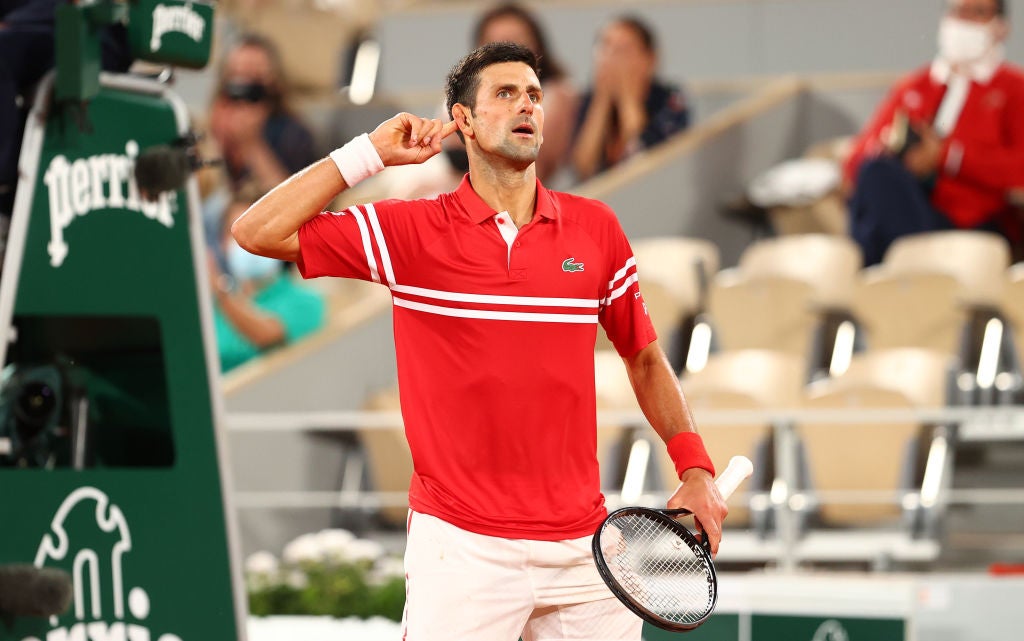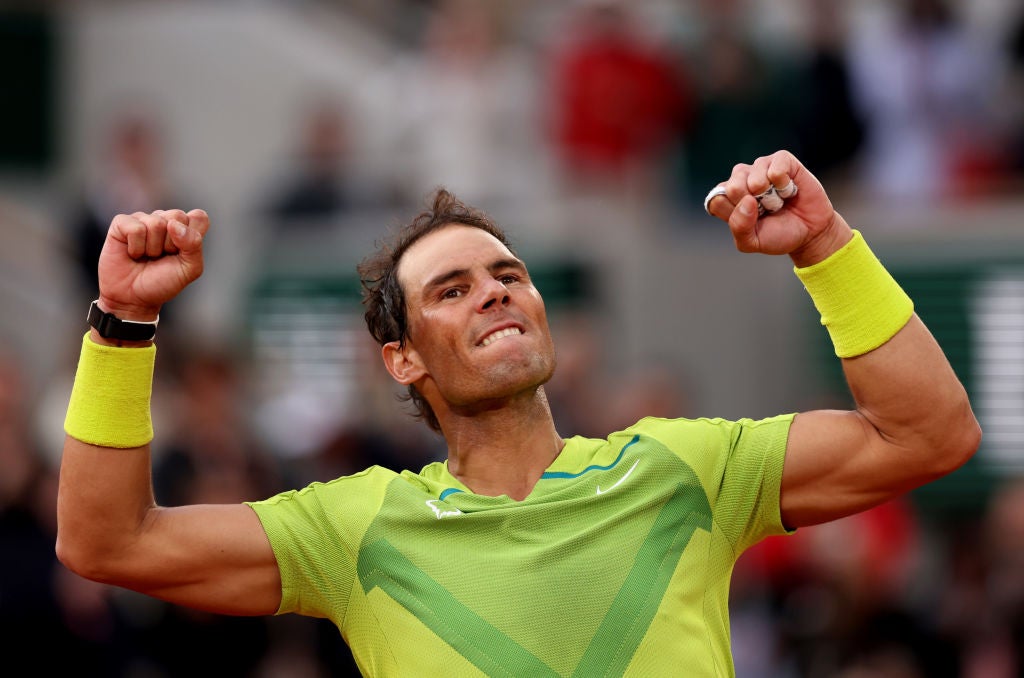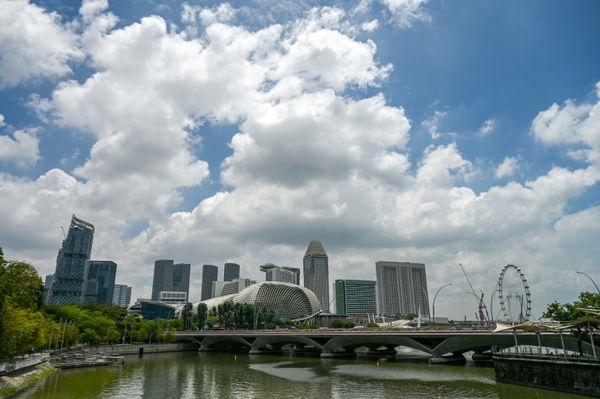
“I am aware that it may be my last game in this tournament,” Rafael Nadal admitted ahead of tonight’s French Open quarter-final against his great rival Novak Djokovic, but even then that sense of finality was nothing new.
It was there throughout Nadal’s five-set epic against Felix Auger-Aliassime in the previous round, as the Spaniard was pushed into a fifth hour on a foot that is a constant source of pain. For a moment, there was a threat that Nadal’s illustrious story at Roland Garros would find its closing chapter on the middle Sunday of a tournament he has won 13 times. Instead, there was only gratitude that a 59th career meeting with Djokovic had been secured and with it, the opportunity to battle on against injury and time had been granted.
“I’m ready for it,” was Djokovic’s response. There is no greater challenge than facing Nadal at the French Open, even as he prepares to turn 36 on Friday, even on that foot.
Tonight’s match will be Nadal’s 113th at Roland Garros. He has only lost three times, twice to Djokovic, who was driven and pushed to produce perfection on clay and last year reached it by becoming the first player to beat Nadal on his way to winning the French Open. They share a historic rivalry and there is a particular edge to it here in Paris, where for so long Nadal ruled with a remarkable sense of invincibility.

We know better than to rule Nadal out by now but the reality of his chronic foot injury and the suggestion that this could be it - his Last Dance - raises the stakes and sets up a quarter-final of intriguing possibility. It was always supposed to be this way. Nadal and Djokovic have been on a collision course ever since they were grouped together in the top quarter of the French Open draw and the blockbuster clash that was promised has now been delivered.
Even before a ball was hit, the first battle, it seems, was won by Djokovic. There was considerable speculation over when the match would be scheduled and the confirmation that it has been selected by tournament organisers for the night session on Philippe-Chartier will lead to heavy and slower conditions.
"I don’t like night sessions on clay. I am very clear with that,” Nadal said last week and until tonight he had been granted his wish. Djokovic is not a fan of night sessions, either, but the slower ball will have less of an impact on his play, while taking away some of the zip on Nadal’s top-spin forehands.
Amazon has exclusive broadcasting rights in France for the night session on Philippe-Chatrier, which begins at 9pm local time, and although the latest instalment of Nadal and Djokovic’s rivalry was unquestionably the pick of the slate it raises the prospect of the match finishing well after midnight. Djokovic’s win over Nadal in last year’s semi-finals, the best match the World No 1 has said he has played on clay, took over four hours and it would be a poor look for tennis if a match of such magnitude was completed in the cold and in front of a half-empty centre court.

After all, rarely has a quarter-final of a major carried such significance, as Djokovic goes for his 21st grand slam, a prize Nadal claimed quite sensationally and unexpectedly in his absence in Australia. It means the Spaniard can move two clear overall with what would be a 14th French Open title. Djokovic has looked sharper so far, cruising through his first four matches without dropping a set, in a continuation of the form he found in Rome. Nadal has shown more vulnerabilities, his own build-up disrupted by a rib injury, and yet he carries an aura here that cannot be counted out.
Nadal was at the Stade de France on Saturday night to see Real Madrid win their 14th European Cup and there are similarities to be drawn between the inevitability of Real in a competition seemingly defined by them and Nadal’s own history in Roland Garros. Even at the toughest moments and with Djokovic the favourite to advance, there remains the tantalising prospect of a magical performance against the odds.
He will have the home advantage while Djokovic’s strength comes in his fight to overcome it. Djokovic was booed, somewhat strangely, on Court Suzanne-Lenglen as he faced Diego Schwartzman on Sunday. If Djokovic receives a similar reception it could once again bring out the best of him. Some of his most memorable victories have come against Nadal at the French and have typified his relentless drive to reach the standards Nadal had set on this surface. It is as clear here as anywhere else, where winning the title carries extra significance because of the trail Nadal has left behind.
The presence of Carlos Alcaraz in the same half of the draw ensures there is no guarantee that the winner of this match will go on to claim the title. A clash that has all the makings of the final will not play out as one. And yet maybe that is not the point. There has been a determination during Nadal’s comebacks to not allow himself to take these moments for granted and now, for perhaps the last time, neither must we with this titanic rivalry.







